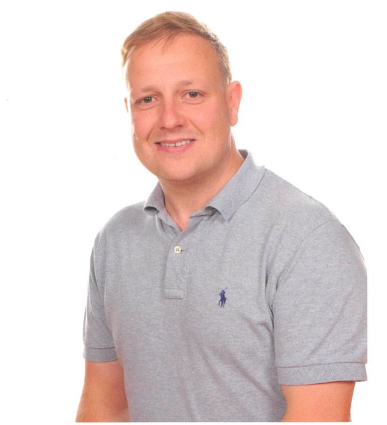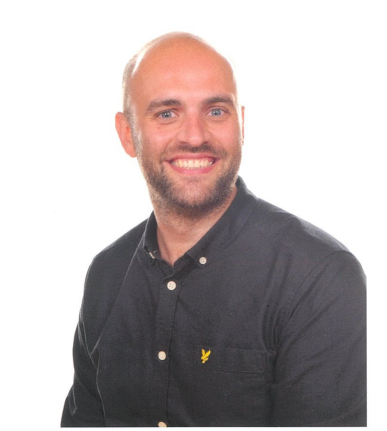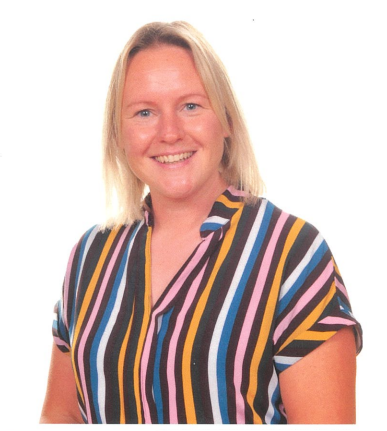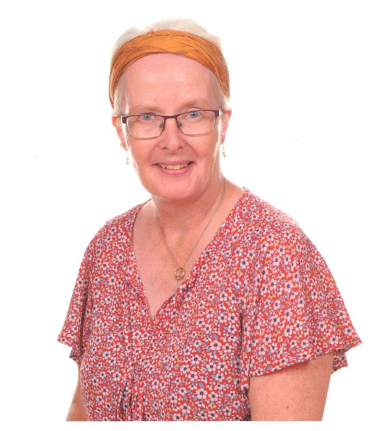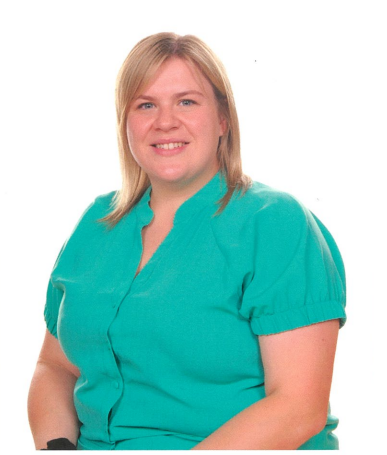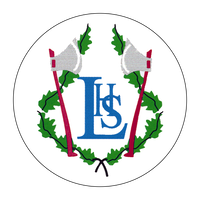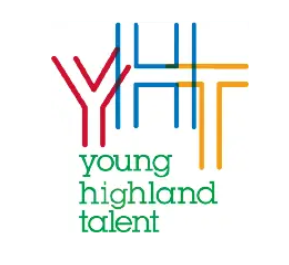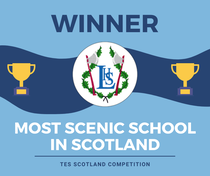Guidance
Throughout their years in secondary school, pupils will be taught by subject specialists i.e. different teachers for different subjects. One person, however, remains constant and that is the child’s Pupil Support (Guidance) teacher. To achieve this continuity, all pupils have been allocated a “House”; Lochiel, Nevis, Rannoch or Shiel.
A pupil’s House is indicated by the letter in the pupil’s Tutor Support class name e.g. 1R1, 1S2, 1N1. Each pupil will remain in that House for all of their years at school with each House being the responsibility of one Principal Teacher.
A pupil’s House is indicated by the letter in the pupil’s Tutor Support class name e.g. 1R1, 1S2, 1N1. Each pupil will remain in that House for all of their years at school with each House being the responsibility of one Principal Teacher.
The Pupil Support (Guidance) teacher remains responsible for a pupil throughout the pupil’s time in school and, therefore, it is the Pupil Support (Guidance) teacher who generally gets to know the pupil best across the curriculum and beyond the curriculum. As a result, the appropriate Pupil Support (Guidance) teacher is the first point of contact for parents wishing to speak to someone in the school regarding their son or daughter. To a great extent, Pupil Support (Guidance) staff rely on close contact with, and the cooperation of parents, so any parent with a problem, query, request or information regarding their son/daughter, is encouraged to contact the appropriate Pupil Support (Guidance) teacher, usually by telephone, letter or email. Pupil Support (Guidance) staff will respond as promptly as possible (taking into account their teaching commitments) to parental contacts and if necessary arrange appointments to meet with parents at a mutually convenient time.
Support for Learning Department
|
All children and young people need support to help them learn. Some need more support than others. The majority of pupils with additional support needs are supported successfully in mainstream classes. Sometimes a pupil may exhibit difficulties for the first time in secondary school. When a need is identified the Support for Learning Department follows a staged approach to ensure that pupils receive the help they require at the time that they need it and at the level they need. The stages run from simple classroom strategies to multi-agency assessments and planning. Partnership with pupils and their parents is essential at all stages of the process.
Pupils requiring additional support have a ‘Named Person’ who works closely with them, their parents, teachers, support staff and, if required, other agencies, to ensure the best outcome for pupils. Additional Support teachers are assisted by experienced and trained Pupil Support Assistants (PSAs) whose commitment and knowledge of individual pupils and of strategies to support learning is invaluable. Relevant staff have undertaken and regularly update Highland Council CALM training. The Educational Psychologist, Occupational Therapist, Physiotherapist and Speech and Language therapist are amongst the multi-agency professional team who work closely with school staff. If you wish to find out more about The Highland Practice Model for additional support needs or the Child’s Plan you can access more information at www.highland.gov.uk or ask at the school. There are also Information sheets available at: www.chipplus.org.uk. Click on ‘Education’. |
|
Additional Support Needs BaseA small number of pupils with severe and complex needs spend most of their time in the Additional Support Needs Base (Glencoe House) and in community activities with the opportunity to attend mainstream classes as appropriate. Pupils have an Individualised Educational Programme (I.E.P.) appropriate to their needs. Glencoe House is a happy and busy learning environment for all, and pupils work towards achieving National Qualifications in a range of subjects. Pupils are included in whole school activities and those involving their year group. A number of senior pupils often volunteer to provide support for pupils in a range of activities. Staff in Glencoe House work closely with associated agencies such as Occupational Therapy, Physiotherapy and Speech & Language Therapy.
|
Social, Emotional, Behavioural NeedsA number of pupils with social, emotional and behavioural needs are supported by staff, either in Arkaig House or in mainstream classes. Where appropriate, referral is made to associated agencies to ensure that every child receives the best and most appropriate package of support. These agencies include health professionals, Social Work, Educational Psychologist, Children’s Service Workers, Skills Development Scotland, Community Education and the offsite educational provision at An Cala. Parents will be consulted about and informed of the detail of any additional support offered by these agencies.
|

